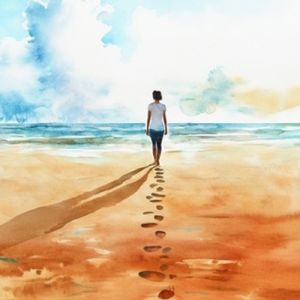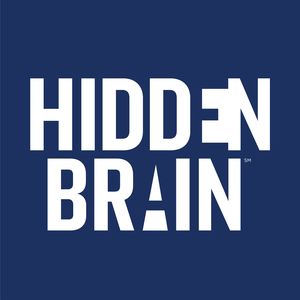Every day, we leave small traces of ourselves online. And we might not realize what these traces say about us. This week, computational social scientist Sandra Matz explores how understanding what we actually do online – not just what we think we do – can help us improve our lives.
Looking for a last-minute holiday gift for a fellow Hidden Brain fan? You can now give a gift subscription to Hidden Brain+!



 576
576 1
1
In one part of the podcast Hidden Brain, a woman shared a story about her “⭐️nosy” neighbors—a term the host used humorously to describe their involvement in her life. Far from being a nuisance, these neighbors turned out to be a source of tremendous support and care. They knew her well and offered guidance during important moments of her life. For instance, they encouraged her ⭐️not to rush into college and ⭐️provided practical help, such as introducing her to job opportunities. This woman expressed deep gratitude for their presence, acknowledging the vital role they played in her growth and success.
在《Hidden Brain》的播客中,有一部分让我印象深刻。一位女士分享了她与邻居的故事,播客主持人用“nosy”(⭐️爱管闲事)这个词幽默地形容了这些邻居对她生活的关心。事实上,这些邻居并没有让她感到困扰,反而成为了她生活中非常重要的支持和关怀来源。他们非常了解她,并在她生命中的关键时刻提供了宝贵的指导。比如,他们建议她⭐️不要急着上大学,同时还⭐️通过实际行动帮助她,比如帮她介绍工作机会。这位女士对邻居们充满了感激之情,坦言他们在自己的成长和成功过程中起到了不可替代的作用。